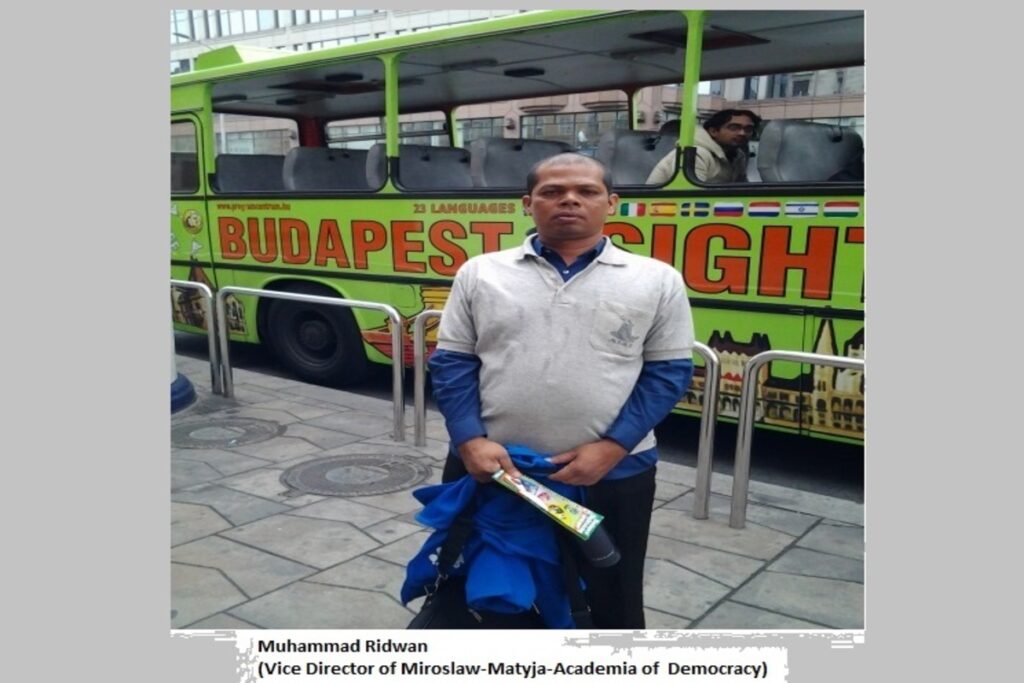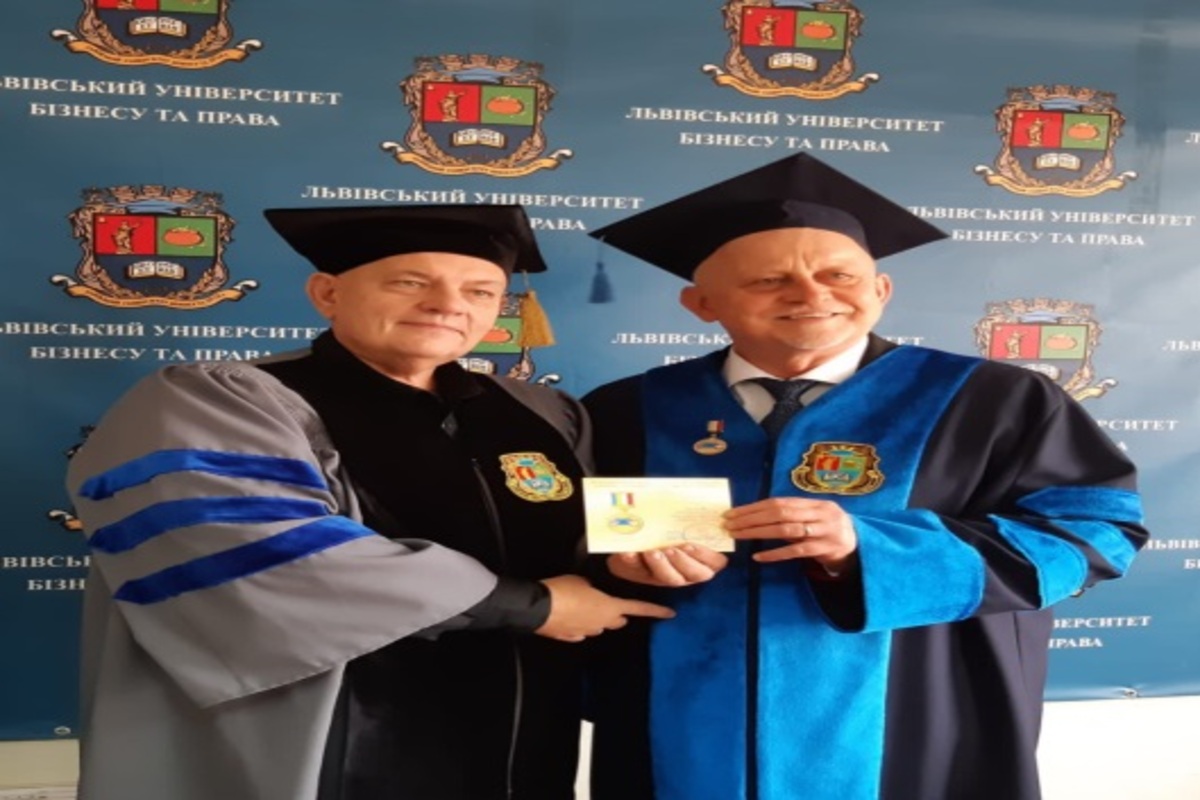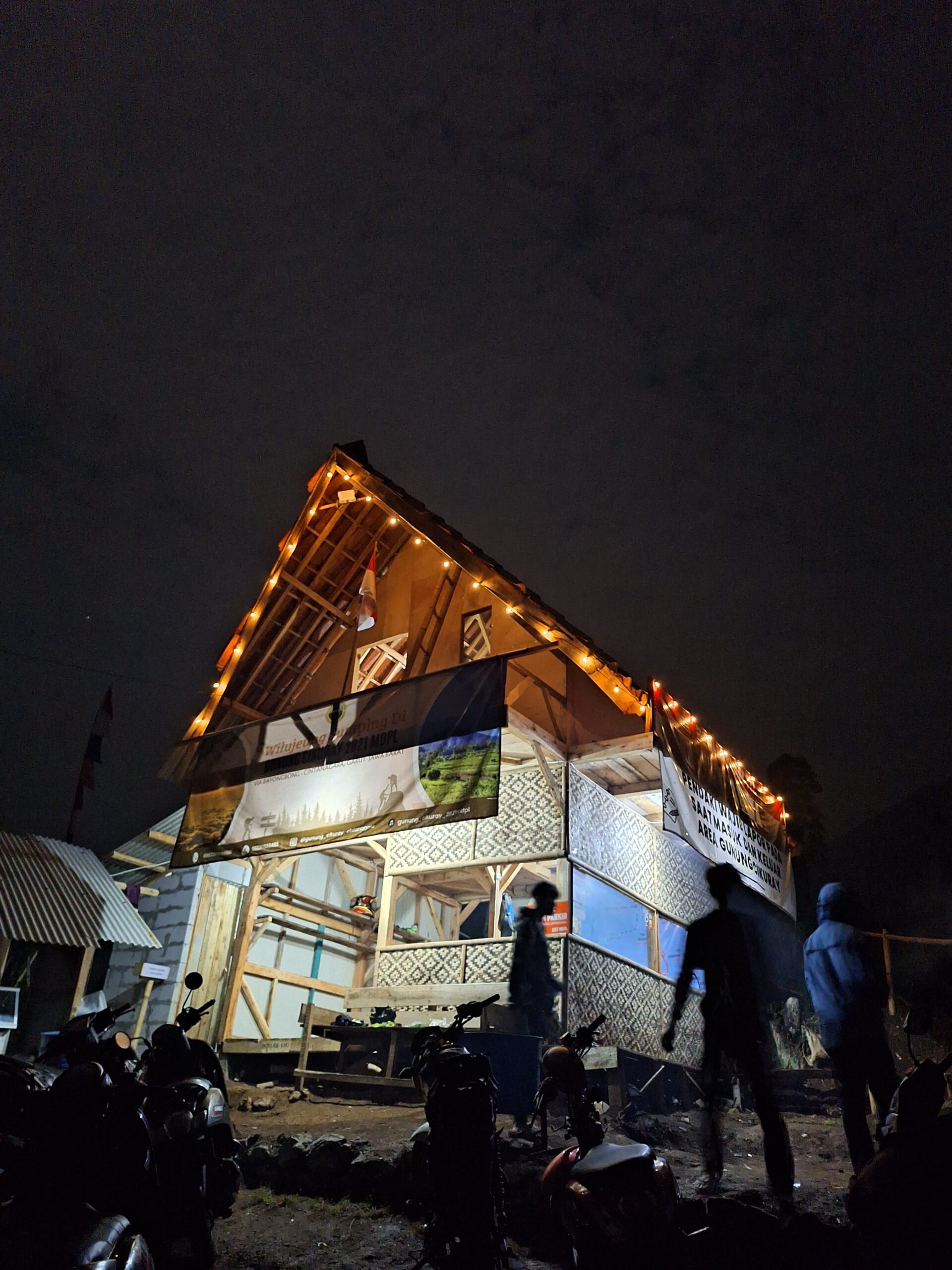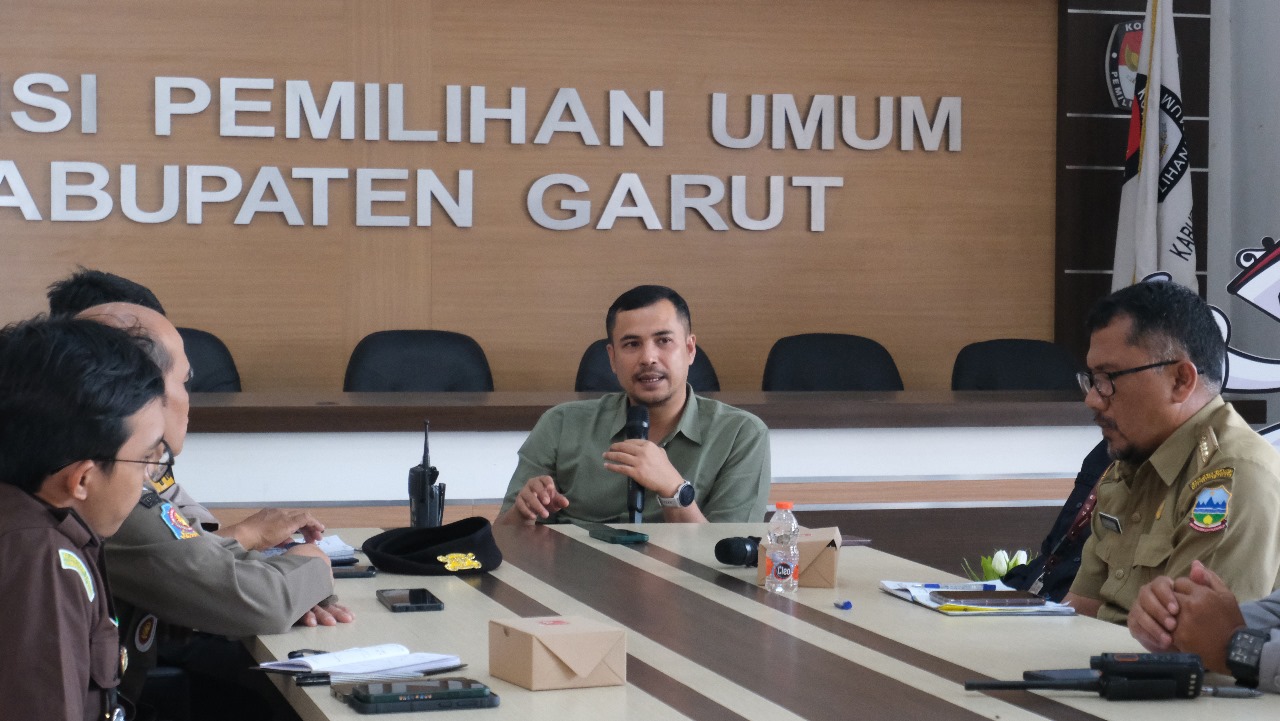
In September 2025, large-scale protests and demonstrations took place across Nepal, predominantly organized by Generation Z students and young citizens. Commonly referred to as the Gen Z protests, they began following a nationwide ban on numerous social media platforms, but had their origin in the public’s frustration with corruption and display of wealth by government officials and their families, as well as allegations of mismanagement of public funds. The movement expanded to encompass broader issues of governance, transparency, and political accountability.
The protests escalated with violence against public officials and vandalism of government and political buildings taking place throughout the country.
Provoked by the deaths of the protesters on September 8, angry, young demonstrators burned down several government buildings across the country, including the parliament and supreme court.
Several politicians’ residences were also set on fire, while leaders of major political parties went into hiding.
On 9 September 2025, Prime Minister KP Sharma Oli and his cabinet ministers resigned in the face of growing public outrage and widespread criticism, both domestically and internationally, over the protesters’ deaths.
There’s talk of discontent, corruption, etc. in this small Himalayan country.
The main problem, however, is a lack of democracy. The current political system enables a shadow economy, the establishment of elites, and corruption.
Who in Nepal has heard of direct democracy (Swiss model)? Who knows about referendums, citizens’ initiatives, and popular vetoes?
If young people had a future, if they could have a say in their own country, they certainly wouldn’t have taken to the streets.
But education on democracy is also lacking in Nepal.
That’s precisely what we’ve been doing in Indonesia for years. We teach young people about the development of democracy. I’m thinking here, of course, of our Academy for Democracy: https://www.mmafd.or.id/
The introduction of direct democratic instruments in the political system in Nepal, such as referendums, would certainly reassure young people and open up new perspectives for them.




